NASS welcomes the publication by NICE of a set of Quality Standards for Spondyloarthritis. Now we need to ensure that they are implemented effectively across the country so that every AS patient, every time, gets early diagnosis and high quality care.

The NICE Quality Standard for Spondyloarthritis covers four areas:
- Adults with suspected axial or peripheral spondyloarthritis are referred to a rheumatologist.
- Adults with suspected axial spondyloarthritis and an X-ray that does not show sacroiliitis have an MRI using an inflammatory back pain protocol.
Read more of this article


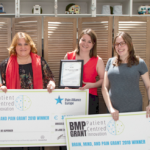
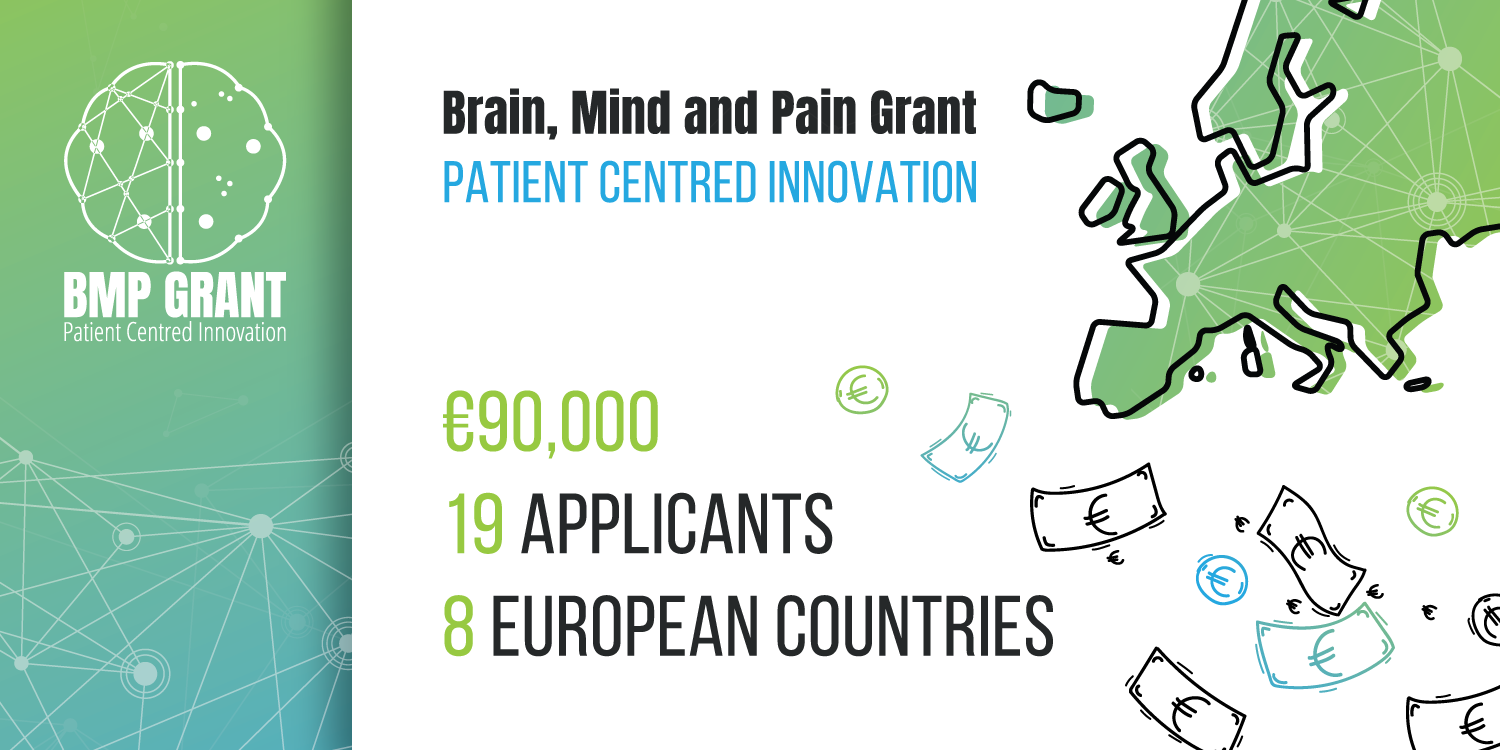
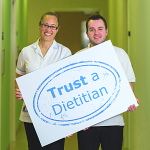
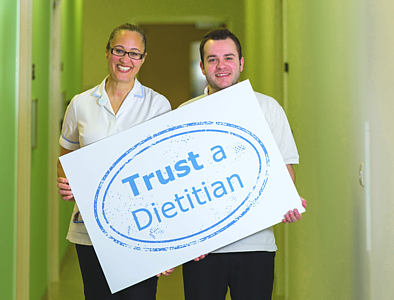 The Allied Health Professions most commonly associated with arthritis and MSK conditions are probably our colleagues in Physiotherapy and Occupational Therapy, but the British Dietetic Association (BDA) believe dietitians have a key role to play in supporting patients and working with colleagues as part of multidisciplinary teams to prevent and treat these conditions.
The Allied Health Professions most commonly associated with arthritis and MSK conditions are probably our colleagues in Physiotherapy and Occupational Therapy, but the British Dietetic Association (BDA) believe dietitians have a key role to play in supporting patients and working with colleagues as part of multidisciplinary teams to prevent and treat these conditions. 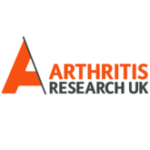



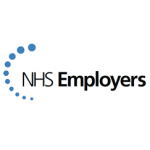
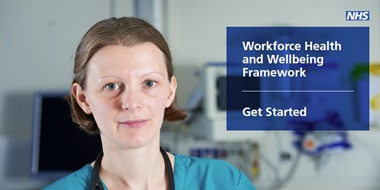 The new NHS Workforce Health and Wellbeing Framework is now available. This is the result of two years’ work with NHS organisations, NHS Employers, NHS Improvement, Public Health England and a range of voluntary sector and government partners. The NHSE appreciate the MSK-specific expertise that we have shared with them on behalf of ARMA.
The new NHS Workforce Health and Wellbeing Framework is now available. This is the result of two years’ work with NHS organisations, NHS Employers, NHS Improvement, Public Health England and a range of voluntary sector and government partners. The NHSE appreciate the MSK-specific expertise that we have shared with them on behalf of ARMA.

 Innovation, transformation, improvement; everyone is trying to change health services for the better from NHS England to ARMA and each of our members, from the top and the centre to the local and the frontline.
Innovation, transformation, improvement; everyone is trying to change health services for the better from NHS England to ARMA and each of our members, from the top and the centre to the local and the frontline.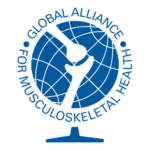
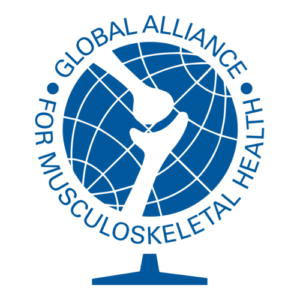 Global Alliance for Musculoskeletal Health is delighted to inform you about the paper “Reducing the global burden of musculoskeletal conditions” published online in the WHO Bulletin, May 2018.
Global Alliance for Musculoskeletal Health is delighted to inform you about the paper “Reducing the global burden of musculoskeletal conditions” published online in the WHO Bulletin, May 2018.
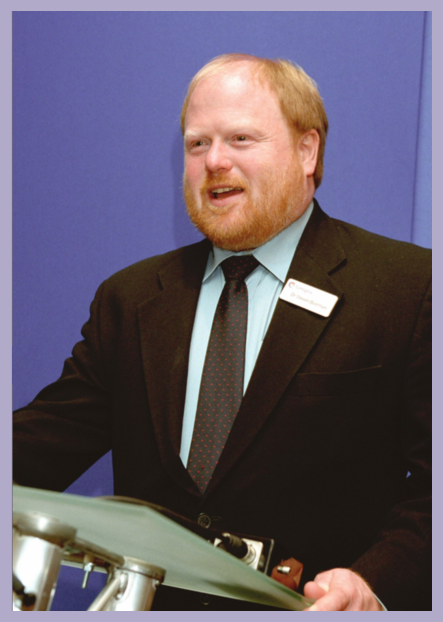 Chair of the Council for Work and Health
Chair of the Council for Work and Health